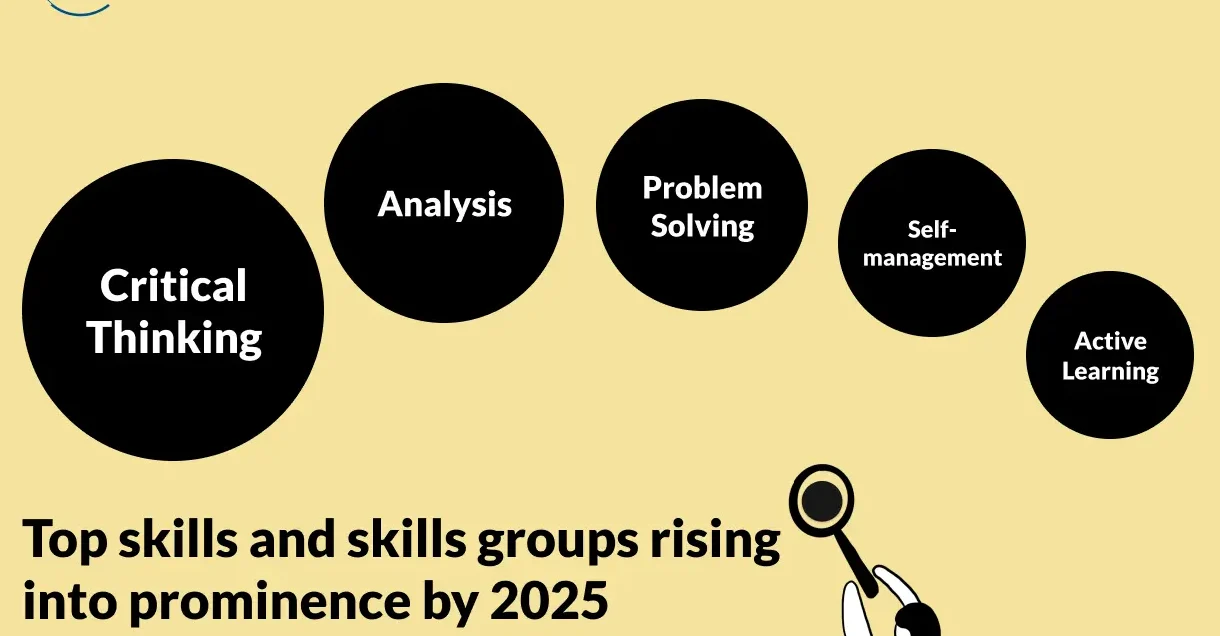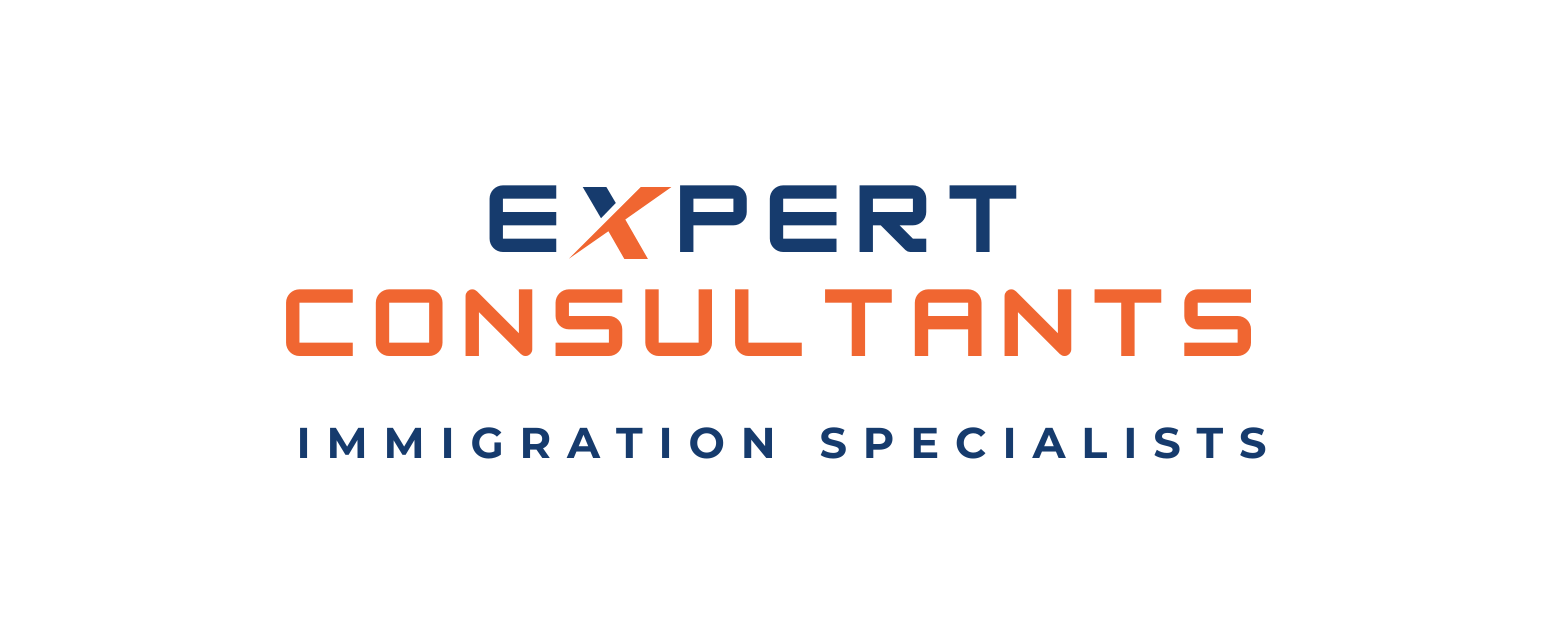Ireland’s Critical Skills Occupations List plays a central role in the country’s employment permit system. It highlights job roles that are in high demand and difficult to fill locally, providing a fast-track work permit route for highly skilled non-EEA professionals. If your job title appears on this list, you may qualify for the highly sought-after Critical Skills Employment Permit—one of the most attractive pathways for long-term work and residence in Ireland.
At Expert Consultants, we help professionals and employers assess eligibility, prepare permit applications, and navigate the permit process efficiently. This guide covers everything you need to know about the Critical Skills Occupations List in 2025.
You can also learn more about the Change of Employer process if you are switching jobs while on an Irish Employment Permit.

Benefits of the Critical Skills Employment Permit
The CSEP offers several significant advantages:
This makes the CSEP one of the most attractive immigration routes for skilled non-EEA professionals.
Updated Critical Skills Occupations List for 2025 (Selected Categories)
Below is a summary of some high-demand professions across various sectors in the 2025 Critical Skills Occupations List. The full list is updated regularly by DETE.
Please note: This is only a partial list. The official Critical Skills Occupations List includes more roles, and criteria may evolve based on labour market trends.
What Is the Critical Skills Occupations List?
It is published by Ireland’s Department of Enterprise, Trade and Employment (DETE). It includes roles experiencing chronic skills shortages in the Irish labour market, which are essential for economic growth.
Occupations listed are eligible for the Critical Skills Employment Permit, which provides:
Benefits of Being on the Critical Skills List
Professionals in listed occupations enjoy significant advantages, including:
Minimum Salary Requirements
To qualify for a Critical Skills Employment Permit, the role must meet the following salary thresholds:
The job must be for a minimum duration of 2 years, and the employer must be registered with Revenue and the Companies Registration Office.
What If Your Job Isn’t on the Critical Skills List?
If your occupation is not on the list, you may still qualify for a General Employment Permit, provided:
Expert Consultants can assess your role and advise on the best permit category for your situation.
How Often Is the Critical Skills List Updated?
The Critical Skills Occupation List is updated at least once per year to reflect changes in Ireland’s labour market. The government consults with industry bodies, education authorities, and labour market experts to ensure accuracy.
If your role is not currently on the list, it may be added in the future based on demand.
Why Expert Consultants?
Your Pathway to a Successful Work Visa in Ireland
At Expert Consultants, we offer:
Eligibility assessments based on the Critical Skills Occupations List
Get expert help with accurate and timely submission of your first passport.
Job role verification and employer coordination
We simplify the passport process for children and minors with full parental guidance.
Employment permit application preparation and submission
Quick and reliable support for replacing lost or stolen passports with proper documentation.
Visa support and immigration registration guidance
Assistance in updating your passport after a name or legal status change.
Family reunification and Stamp 4 transition assistance
We track your application and handle direct communication with the Passport Office.
Whether you’re an employer trying to fill a hard-to-source position or a skilled professional exploring relocation options, we ensure your application is accurate, timely, and compliant.
Frequently Asked Questions (FAQs)
Start Your Critical Skills Permit Application with Expert Guidance
Ireland’s economy continues to demand talent in critical sectors. If your occupation appears on the Critical Skills Occupations List, now is the time to explore long-term work and residence opportunities.
Let Expert Consultants help you take the next step. Visit to book a consultation and begin your journey to living and working in Ireland with the right guidance and support.
